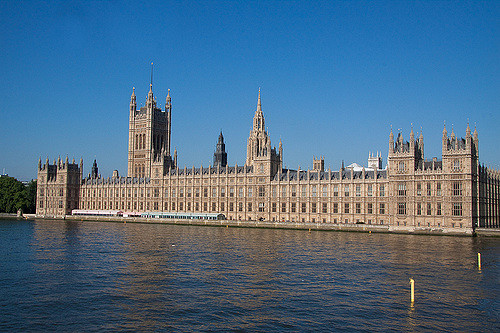The UK House of Lords and House of Commons Joint Committee on Human Rights has published its report entitled "Human Rights and Business 2017: Promoting responsibility and ensuring accountability".
IHRB's submission and verbal evidence to the Joint Committee was quoted in relation to the following issues:
- Governmental approach to and hierarchy of business and human rights (Para 70);
- Inadequecies of the reporting requirements in the Modern Slavery Act (Para 95);
- Adequate resourcing of the new Gangmasters and Labour Abuse Authority (Para 126).
IHRB's comments on the UK National Action Plan on Business & Human Rights were also referenced, particularly in relation to the lack of future measurable commitments (Para 53), and the perceived lack of ministerial leadership (Para 61). The Report urges the Government to address concerns about the NCP as a matter of urgency (Para 217).
The Joint Committee also expressed explicit support for the Corporate Human Rights Benchmark, a collaboration led by investors and civil society organisations including IHRB, that measures the human rights performance and due diligence of the world's largest corporations (Para 150).
In the report, the Joint Committee makes several recommendations, including that the Government should:
- exclude from all public sector contracts companies that have not undertaken appropriate and effective human rights due diligence, and companies that have been found guilty of abuses (Paras 87, 88);
- bring forward legislative proposals to make reporting on due diligence for all relevant human rights compulsory for large businesses, with a monitoring mechanism and an enforcement procedure (Para 114);
- bring forward legislative proposals to grant powers to and fully resource local authorities to close down premises which are found to exploit workers through underpayment of wages, lack of employment contracts or significant disregard of health and safety regulations (Para 137);
- bring forward legislation to impose a duty on all companies to prevent human rights abuses, as well as an offence of failure to prevent human rights abuses for all companies, including parent companies (Para 193).
- use the opportunity of Brexit to set higher human rights standards in future trade agreements, to include workable provisions on enforcement, and to undertake human rights impact assessments before agreeing trade agreements (Para 239).



